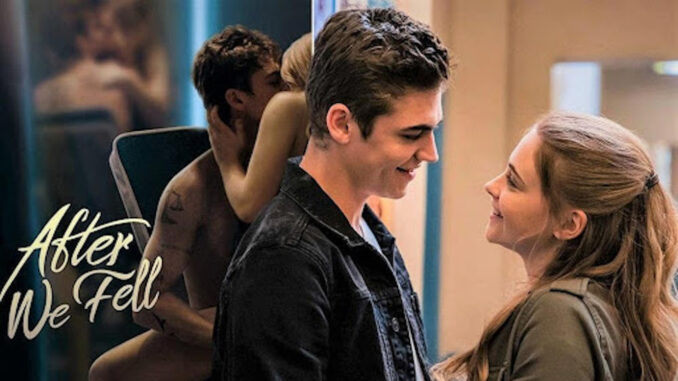
The screen fades to black. The final page turns. The last note of the closing theme echoes into silence. For a moment, a profound quiet descends, broken only by the quickening pulse of a heartbroken fan. After years, months, or even just intense weeks of investment, it's over. And for those who have poured their emotions, their time, and a piece of their identity into a fictional world, the ending isn't just a conclusion; it's a loss. This visceral ache, the emptiness left behind, is not mere sentimentality; it’s a powerful testament to the transformative power of storytelling and what these narratives truly mean to us.
To understand the heartbreak, we must first understand the depth of the connection. A truly compelling story isn't just a series of events unfolding before our eyes; it's a portal. It invites us to step into a new reality, to walk alongside characters who become surrogate friends, family, or even reflections of ourselves. We celebrate their triumphs, mourn their losses, and grapple with their moral dilemmas as if they were our own. Think of the communal journey with Harry Potter, where an entire generation grew up alongside the Boy Who Lived, anticipating each book release like a momentous holiday, each film a shared ritual. Or the decade-long odyssey with the inhabitants of Westeros, where we debated theories, held breath through betrayals, and cheered for unlikely heroes. These stories provide not just escapism, but companionship, a sense of belonging, and a framework through which we process real-world anxieties and aspirations.
When the ending comes, it's akin to bidding farewell to dear companions who have shared a significant chapter of our lives. The heartbreak isn't simply about the plot concluding; it’s the abrupt cessation of an ongoing relationship. The world we inhabited, once vibrant and alive, suddenly feels finite, its future unwritten by the creators, leaving a gaping void. For many Game of Thrones fans, the final season wasn't just disappointing; it felt like a betrayal. The ending didn't just conclude the story; it actively undermined years of character development and thematic groundwork, turning an invested audience’s love into a potent mixture of grief and anger. The pain was magnified because the story had mattered so deeply, and its conclusion felt like a violation of that sacred bond.
Yet, this heartbreak is not just a void; it is a mirror reflecting profound truths about the human condition and our innate need for narrative. Firstly, it validates the experience. The intensity of the grief, the post-series depression, or the lingering sense of loss confirms that the time spent was not wasted, the emotions not imagined. It proves that these fictional worlds were, in a very real sense, real to us, impacting our emotional landscape and shaping our perspectives. The tears shed at the end of Lord of the Rings, even after the victory, for the departure of Frodo and Bilbo, speak to the bittersweet understanding that even the most glorious journeys must end, and that returning to the mundane can be its own form of sorrow.
Secondly, this heartbreak underscores the vital role stories play in our lives. They are not merely entertainment; they are vehicles for empathy, moral exploration, and shared cultural identity. The pain of an ending reminds us that stories help us make sense of chaos, explore different realities, and understand ourselves better. They teach us resilience, the nature of good and evil, and the complexities of love and sacrifice. When a story ends, we are left to integrate its lessons and its emotional residue into our own ongoing narratives.
Finally, the heartbreak signifies the enduring power of imagination and community. While the official narrative may conclude, the story lives on within its fans. The grief often catalyzes a vibrant aftermath: deep discussions, fan fiction, re-watches, and the formation of lasting communities bonded by a shared love. The ending of Avatar: The Last Airbender, though deeply satisfying, still left many fans longing for more, leading to a flourishing of fan art, theories, and spin-off discussions that continue to this day. The heartbreak, in this sense, is less an end and more a transformation – from passive consumption to active engagement, carrying the story forward in the collective consciousness.
So, when a beloved story concludes and leaves its fans heartbroken, it’s far more than just sadness over a fictional outcome. It’s a testament to the profound connection forged, the emotional investment made, and the vital role these narratives play in enriching our lives. The tears are not just for the characters or the plot, but for the closing of a portal, the farewell to a cherished companion, and the quiet acknowledgment of a chapter completed within ourselves. And in that ache, we find the beautiful, messy truth of how deeply stories touch us, leaving an indelible imprint long after the final credits roll.
